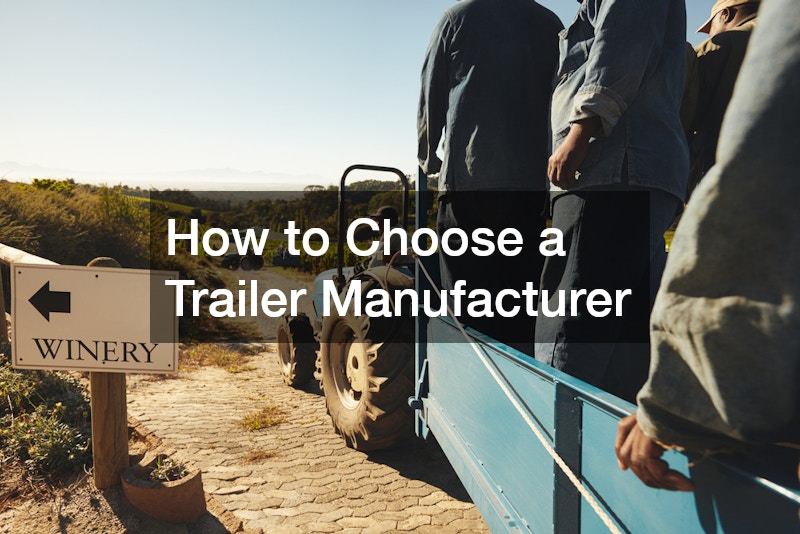While many restaurants closed during the pandemic, food trucks thrived. This is because there is no need for seating and customers can queue in the open air with physical distancing. The food truck crew can make up a bubble while also masking at work.
For new entrepreneurs, starting a food truck business is cheaper than starting a restaurant. It can then expand to more food trucks or into a restaurant.
According to data from IBISWorld as of July 30 this year, the number of commercial food trucks in the United States increased by 12.1 percent from 2020 to reach 32,287 in 2021. The states with the highest numbers of food trucks are California with 753, Texas with 549, and Florida with 502.
Restaurants Setting Up or Partnering with Food Trucks
Linchpin analysts state that because of the success of food trucks, some restaurants decided to also shift to this format as they closed their dine-in establishments. Some retained their food truck business even after they reopened their restaurants. The food trucks provide additional sources of revenue and enable them to reach other consumers beyond their traditional restaurants.
Some restaurants partner with food trucks that do not carry their name. This is so that they can test new recipes through these trucks. If the recipes are a hit, they include them in their restaurant menu. If the recipe is not well-received, the restaurant’s name is not tarnished. Restaurants also collaborate with food trucks to survey the types of food that are popular in certain areas.
Food Truck Customers

Data collated by smallbizgenius shows that most food truck diners are aged 18 to 34, followed by the age group of 35 to 44. Almost all or more than 90 percent give a positive rating to their experience, with 43 percent describing it as excellent and 48 percent stating it is good. They also describe the experience as new, unique, and exciting. They like the convenience, short waiting time, great food, and low prices. Almost all intend to continue purchasing from food trucks.
Setting Up a Food Truck Business
The first thing an entrepreneur must do is to check on the city or county’s regulations for food trucks. This includes the types of permits or licenses needed and requirements and restrictions that must be complied with. It must cover all rules on food handling, food safety, food truck parking, and zoning. This will also provide information on how much money is needed for the entire business application and registration.
You must have your business name ready when you apply for a business permit. Make sure that you find one that is catchy and reflects the type of food you will serve.
When deciding on your menu, you must start with the food you cook best, and that you enjoy cooking. To make a mark on the market, make sure that your food tastes great and has something different from similar offerings of competitors.
Your choice of menu will also determine where you will park your food truck. Find out the demographics of people who will enjoy your type of food most. You can move along several locations on a schedule to find out which areas bring you the highest number of customers. You can then focus on these areas.
Choose a reliable food truck that complies with industry standards. You must equip it with a generator to power your lighting, heating, cooling, and cooking. It must have adequate water storage to provide hot and cold running water, as well as adequate refrigeration and food storage. A fire extinguisher and a first aid kit are essential.
Your cooking equipment will depend on the food you will be serving. A Lynx professional grill can be built into your layout.
Stay Ahead
One of the things people expect from food trucks is innovation. Food trucks are known to offer classics with a twist or entirely new dishes. Because prices are low, people do not think twice about sampling these offerings.
Food truck operators must also be observant of changes in the market’s preferences. For instance, it would be wise to have certain dishes on the menu especially for vegans, for those on the keto diet, and for people who are allergic to nuts. Prepare low-fat, sugar-free, and low-sodium options that are just as delicious as your other dishes. You will know you have succeeded if even people who do not have any meal restrictions love your other options.
Food Truck Opportunities
Apart from the usual route you have established, a food truck can also visit open-air events such as concerts and festivals. These days, a food truck can even do the catering for open-air weddings. Food trucks can also partner with food apps so that customers can order ahead online and then just pick up their food at a certain time without having to wait for it to be prepared. The future is bright with so many opportunities for the food truck business.





